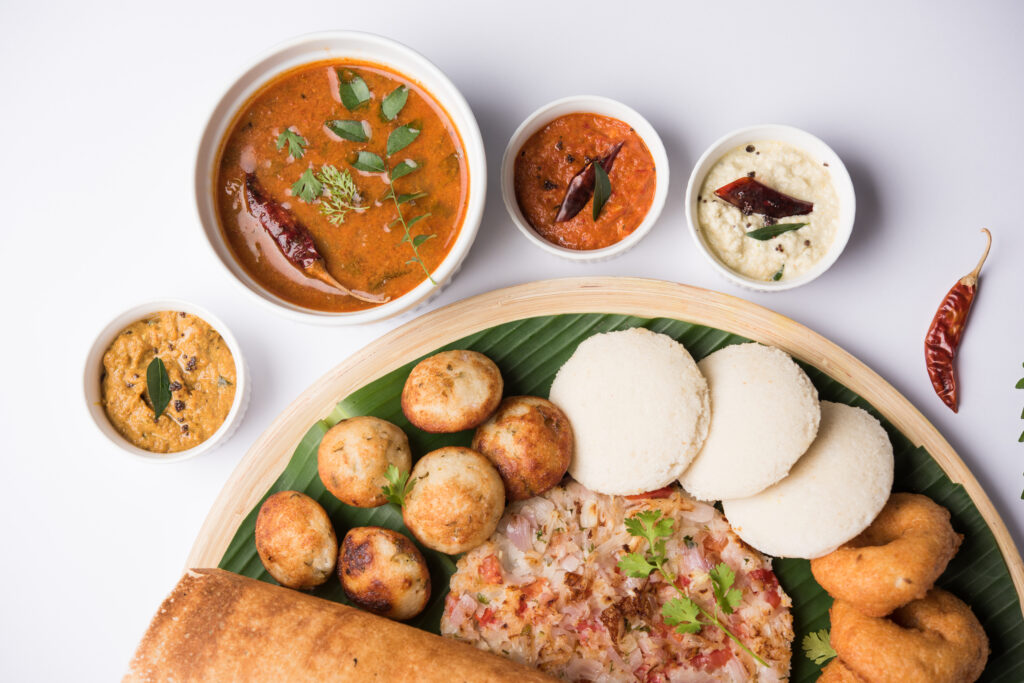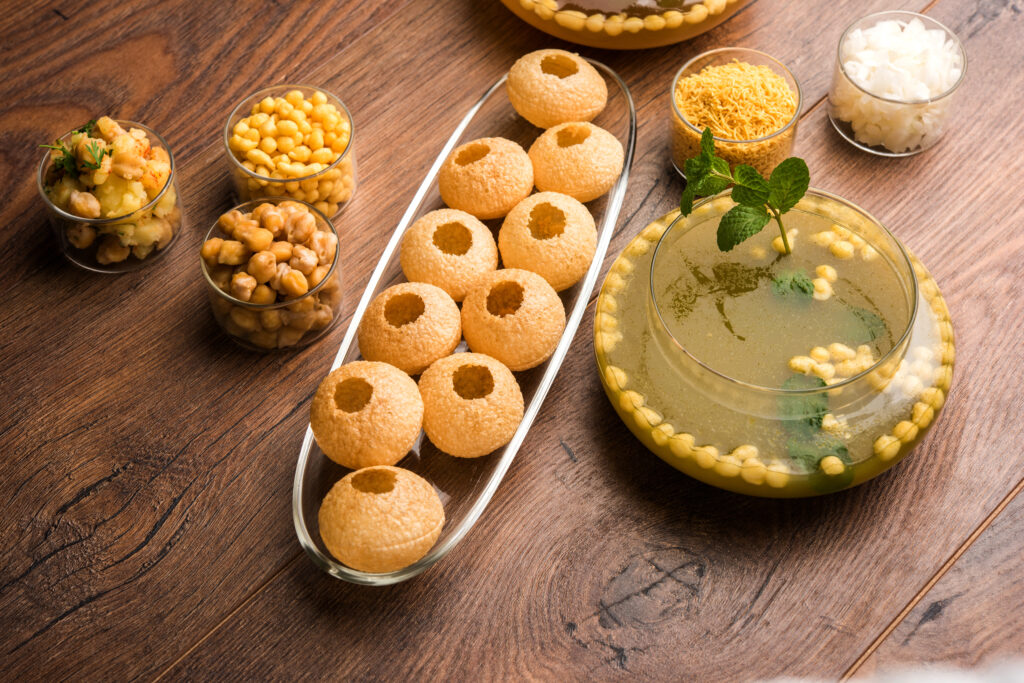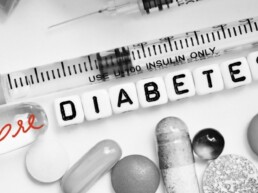In today’s fast-paced world, the Indian diet is evolving to match modern lifestyles. However, these changes may be silently contributing to Insulin resistance and Prediabetes . While traditional foods like rice and chapati remain staples, their effects on our health are now amplified by new dietary habits and lifestyle choices. Have you ever wondered if the foods you eat could be setting you up for blood sugar issues? Here’s a closer look at how modern dietary trends are quietly driving India’s Prediabetes epidemic.
High-Carbohydrate Staples Without Nutritional Balance
Modern Indian diets still rely heavily on high-carb staples like rice, wheat, and potatoes. While these foods provide quick energy, they’re often eaten in large portions with minimal balancing nutrients like protein and fibre.
Have you ever noticed how much rice or chapati you add to your plate? When carbohydrates are consumed in excess without enough protein or fibre to slow digestion, blood sugar spikes are common. Over time, this pattern can strain the body’s insulin response, leading to Insulin resistance.
Increased Reliance on Processed and Packaged Foods
With busier lifestyles, many people have shifted towards processed foods and quick-fix meals. These options, whether instant noodles, ready-to-eat curries, or packaged snacks, often contain refined carbohydrates, added sugars, and unhealthy fats.
Do you find yourself reaching for quick snacks during your day? These processed choices are packed with preservatives and flavour enhancers that disrupt the body’s metabolic balance. Unlike fresh, home-cooked meals, these ready-made options can lead to frequent blood sugar spikes, increasing the risk of Prediabetes.
Irregular Eating Patterns and Late-Night Snacking
Today, it’s common for meals to be eaten at irregular times or for snacking to be frequent throughout the day and night. Late-night eating, in particular, disrupts the body’s natural rhythm of insulin release, keeping blood sugar levels elevated longer than normal.
Do you snack late into the evening? Eating late at night or constantly grazing on high-carb foods keeps insulin levels high, which over time can lead to Insulin resistance. Consistency in meal timing helps the body regulate blood sugar, but irregular eating habits have become the norm.
Protein Deficiency in Daily Meals
Despite the availability of protein sources, many Indians still consume low-protein diets. Traditional meals often focus on carbohydrates, with less emphasis on protein-rich foods like lentils, paneer, chicken, or eggs.
Protein plays a vital role in slowing digestion and regulating blood sugar. Have you noticed how often meals lack protein? Without enough protein, high-carb foods are absorbed more quickly, causing sudden blood sugar spikes.

Increased Sugar Intake in Modern Foods
With a growing variety of sweets, desserts, and sugary beverages, sugar intake has surged in recent years. From sugary chai to packaged juices and sodas, added sugars are now a daily staple in many diets.
Regular consumption of sugary foods and drinks raises blood sugar levels quickly. This constant sugar intake strains the body’s insulin response, contributing to Insulin resistance. Have you thought about how much sugar you consume daily? Frequent sugar consumption poses a hidden risk to metabolic health and increases the likelihood of Prediabetes.

Reduced Fibre Intake Due to Refined Grains
While whole grains like brown rice, bajra, and ragi are readily available, modern diets often favour refined grains like white rice, maida, and white bread, which lack fibre and essential nutrients.
Fibre helps slow down the absorption of sugar into the bloodstream, keeping blood sugar levels stable. Without sufficient fibre, refined grains can lead to sudden blood sugar spikes. Including whole grains and fibre-rich foods is essential for managing blood sugar, but refined options are more common in today’s meals, making it harder to control blood sugar naturally.
High-Stress Lifestyles and Their Impact on Insulin Sensitivity
Today’s urban lifestyle comes with high levels of stress due to work demands, long commutes, and digital distractions. Chronic stress triggers the release of cortisol, a hormone that interferes with insulin’s effectiveness, contributing to Insulin resistance.
Stress not only affects how our body handles insulin but can also lead to emotional eating or cravings for comfort foods high in sugar and carbs. This cycle of stress and comfort eating not only raises blood sugar but also worsens the risk of developing Prediabetes.
Sleep Disruptions and Poor Sleep Quality
Sleep is essential for metabolic health, but modern lifestyles often lead to irregular sleep schedules and poor sleep quality. Whether due to work commitments, night shifts, or screen time, sleep disruptions have become common.
Did you know that lack of sleep impacts blood sugar control? Poor sleep quality is directly linked to Insulin resistance and increases the risk of Prediabetes. When we don’t get enough quality sleep, insulin sensitivity drops and hunger hormones are disrupted, leading to cravings for high-carb foods.
Adapting the Modern Indian Diet to Support Blood Sugar Health
If you recognise any of these dietary habits, here are some practical changes to consider:
- Prioritise Protein: Add protein sources like lentils, paneer, eggs, or fish to each meal to help balance blood sugar levels.
- Opt for Whole Grains: Choose whole grains like brown rice, bajra, or quinoa instead of refined grains. Whole grains have a lower glycemic index and are higher in fibre.
- Limit Sugary Foods and Drinks: Reduce the intake of sugary beverages and sweets, which cause rapid blood sugar spikes. Opt for water, herbal teas, or low-sugar alternatives instead.
- Establish Regular Meal Times: Try to eat at consistent times each day, and avoid late-night meals to give your body a chance to regulate insulin levels.
- Practice Mindful Eating: Set aside time to eat without distractions. Being mindful of what you’re eating can improve digestion and help you make healthier choices.
By making small adjustments to the modern Indian diet, it’s possible to enjoy traditional flavours while supporting better blood sugar control and reducing the risk of Insulin resistance and Prediabetes.
Conclusion
The Indian diet, while rich in tradition, needs a few mindful adjustments to suit today’s lifestyle. Balancing carbohydrates with protein, opting for whole grains, and managing meal timing are all effective ways to enjoy our diet’s diversity while protecting long-term health. With small, consistent changes, the modern Indian diet can support better blood sugar control without compromising on taste.
SHARE

Madhavi Shilpi
Nutritionist
Prediabetes Coach
Related
Why Early Diagnosis of Prediabetes Is Key to Preventing Type 2 Diabetes
Introduction Imagine this: you’re feeling pretty healthy. Maybe you’re a…
32.8% of India Has Prediabetes — Are You Ignoring the Early Signs?
Introduction India is facing a serious health crisis: 32.8% of the…
Insulin Resistance: symptoms, causes & more
Insulin resistance (IR) is a condition in which the body's cells do not…
5 ways to get sugar out of your life
Does that morning coffee and cookie leave you craving another treat two hours…
My story
Wondering who I am? And why I became a Nutritionist? Read on to get to know…
What is Prediabetes?
Have you been diagnosed with Prediabetes? Are you wondering what it actually…






